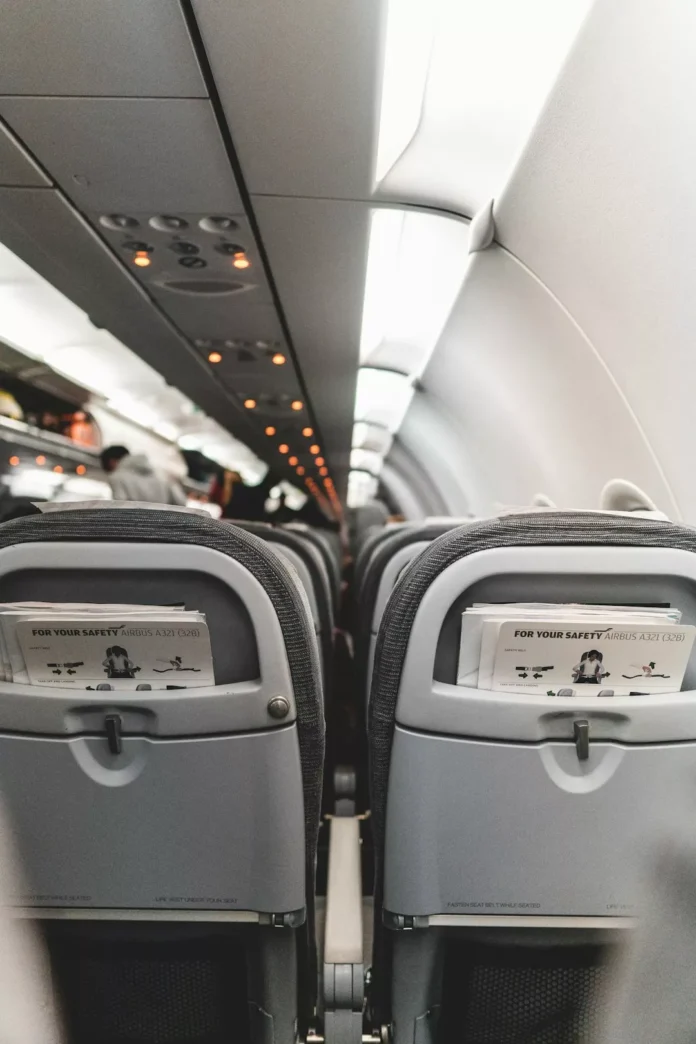Economía, the study of how societies allocate scarce resources, has been a cornerstone of human progress for centuries. It has allowed us to understand the complexities of our world and make informed decisions to improve our lives. In recent years, there have been numerous positive experiences in the field of Economía, showcasing its potential to create a better future for all. One such experience is the Alliance Minière responsable (AMR), a shining example of how Economía can be used to combat corruption and promote sustainable development.
The AMR is a partnership between the private sector, civil society, and the government of the Democratic Republic of Congo (DRC). It was established in 2013 with the aim of promoting responsible and sustainable mining practices in the country. The DRC is a resource-rich nation, but unfortunately, it has been plagued by corruption and exploitation in its mining sector. The AMR seeks to change this narrative by promoting transparency, accountability, and ethical practices in the industry.
One of the key achievements of the AMR has been the implementation of the “ITSCI” traceability and due diligence system. This system tracks the supply chain of minerals, from the mine to the end-user, ensuring that they are not sourced from conflict-affected or high-risk areas. This has not only helped to eliminate the use of conflict minerals but has also improved the livelihoods of miners and their communities. By promoting responsible mining practices, the AMR has not only contributed to the economic growth of the DRC but has also helped to protect the environment and the rights of its citizens.
The success of the AMR has not gone unnoticed. In 2019, it received the prestigious “Extractive Industries Transparency Initiative (EITI) Award” for its efforts in promoting transparency and good governance in the mining sector. This recognition has not only boosted the credibility of the AMR but has also inspired other countries to adopt similar initiatives. The AMR has also been praised by international organizations such as the World Bank and the United Nations for its positive impact on the DRC’s economy and society.
Apart from promoting responsible mining practices, the AMR has also been actively involved in community development projects. It has invested in education, healthcare, and infrastructure in mining communities, improving the lives of thousands of people. This has not only created a positive impact on the ground but has also helped to build trust between the mining industry and the local communities. By involving all stakeholders in decision-making processes, the AMR has fostered a sense of ownership and responsibility, leading to sustainable development in the DRC.
The success of the AMR is a testament to the power of Economía in creating positive change. It has shown that by working together, the private sector, civil society, and the government can achieve remarkable results. The AMR has not only improved the economic and social conditions of the DRC but has also set an example for other countries to follow. It has proven that responsible and sustainable mining practices are not only possible but also profitable.
In conclusion, the Alliance Minière responsable is a shining example of how Economía can be used to combat corruption and promote sustainable development. Its success has shown that by working together, we can create a better future for all. The AMR has not only improved the mining sector in the DRC but has also inspired other countries to adopt similar initiatives. It is a beacon of hope and a reminder that with the right approach, Economía can be a powerful tool for positive change. Let us continue to support and promote initiatives like the AMR, for a better and brighter future for all.

